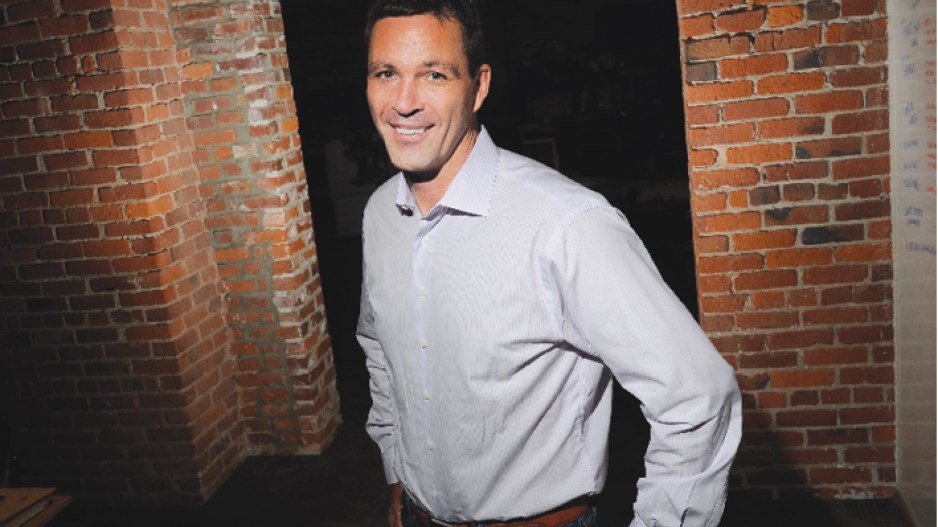Global Relay is in the business of catching people in the act – electronically, that is.
The Vancouver-based software company specializes in scanning everything from internal business emails to text messages sent on company phones.
The objective is to ensure people working in the finance, insurance and health-care sectors are complying with government regulations.
“We are in part driven by scandals,” said CEO Warren Roy, who founded the business in 1999 and watched it become the seventh-largest employer among B.C. software companies. (See Business in Vancouver list of B.C.’s biggest software companies, page 24.)
“If you looked at it 15 years ago, there wasn’t much regulation at all. The real beginning of it was with the collapse of Enron, Arthur Andersen and WorldCom.”
The second big spike in business came during the 2008 financial crisis.
“It drove a whole series of regulatory rules globally, literally to protect countries, which was just a knee-jerk reaction to rein in banks which had become somewhat unwieldy in what they were doing.”
This opened the doors for Global Relay to offer its services to the banking side of the industry.
Today, the company develops and operates technology that searches for keywords in message bodies, attachments and the names of senders. If something appears fishy, Global Relay workers take a closer look to see if any financial regulations have been violated. To accomplish this, Roy said the company has to be in control of the entire technology stack, meaning it writes the software, manages the servers and operates two data centres.
Global Relay went so far as to design and build a $24 million North Vancouver data centre from the ground up to ensure everything runs smoothly. And about 250 of its workers are employed in B.C.
This business model has proven so successful that, according to Roy, 45% of the broker-dealers in the U.S., 70% of all American hedge funds and 23 of the top 25 global banks use Global Relay software.
This means 97% of the privately held company’s annual revenue – which Roy said amounted to between $35 million and $45 million in 2013 – is generated outside Canada.
So Global Relay must also employ four full-time lawyers just to deal with jurisdictional issues in the more than 90 different countries in which the software is used.
Roy’s confident the market for these technologies will remain strong.
He points to recent examples of non-compliance such as the 2012 Libor scandal, wherein it was revealed a number of banks were rigging their interest rates.
“We just continue to innovate our technology to gain a larger and larger percentage of the budget that goes into technology [at financial firms],” he said.
Bill Tam, president and CEO of the BC Technology Industry Association, said Global Relay has a knack for building business-to-business software solutions that meet the requirements of large enterprises in any sector.
“It’s an area where government agencies are also going to have to deal with those things, and I think Global Relay is very well positioned,” he said.
“One of their hallmarks has been their ability to really try to understand the needs of their customers, and they’ve expanded their solution sets accordingly.”
Although Vancouver is not one of the world’s financial hubs, Roy said there are some obvious benefits of having headquarters close to up-and-coming talent studying at Simon Fraser University and the University of British Columbia.
“You need capable people to run these businesses,” he said. “For us, our biggest strength is software, and it’s a good city to develop technology in.”•




